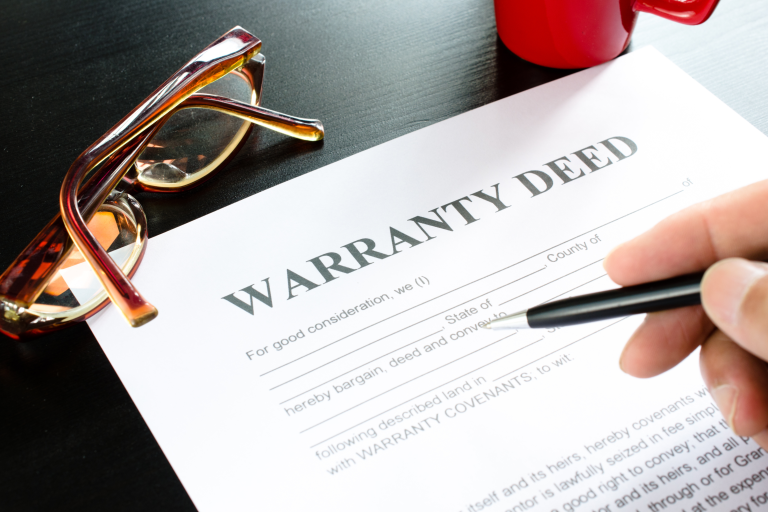The Sunshine State is one of the hottest real estate markets in the country. To protect prospective buyers, Florida law requires sellers to disclose any issues that affect the value of the home materially or adversely.
In this article, you will have a full overview of the seller’s duty to disclose in Florida.
Seller’s Duty to Disclose in Florida – What Do They Have to Disclose to Buyers?
Before the closing of a real estate transaction in Florida, sellers need to disclose certain facts to buyers to guarantee they are aware of their existence. State law requires sellers to disclose:
- Any known issue that would reduce the value of the property, or
- Any know issue that could hinder the property less desirable for other buyers
Ideally, Florida sellers should pay attention to detail to identify and list the existing issues with a property. Common examples of issues that could adversely affect a property’s value include factors like:
- HVAC issues
- Electric wiring defects
- Structural issues (e.g., cracks in the foundation, wood rot behind walls, etc.)
- Defects in the home’s roofing
- Long-term water intrusion
- Water leaks (past or present)
- Plumbing issues
- Termites, rodents, or any other infestations
- Chemical hazards (e.g., asbestos, lead, etc.)
- Mold
- Boundary disputes
- Encroachments
- Zoning issues
- Clouded title and other similar issues
Seller’s Duty to Disclose in Florida – Reasonable Communication
Under Florida law, a seller’s duty to disclose only encompasses issues that he or she had actual knowledge of the issue at the time of the transaction. Hence, sellers are not legally required to proceed with a full inspection of the property to identify issues or defects.
It is not hard to find buyers who found defects after closing a real estate transaction but cannot prove the seller’s failure to disclose them. In such cases, the best approach is to work with an expert attorney to find a solution to this unpleasant situation.
Please note that buyers must ensure reasonable communication with the seller and attempt to inspect the property as needed. The seller’s duty to disclose applies exclusively to “latent defects”, which refers to any defect not readily seen during a normal inspection.
For example, defects like a broken window or a noticeable crack in a wall are not considered “latent defects,” as they are readily seen by the buyer during a visit to the property’s premises.
Seller’s Duty to Disclosure vs. As Is Contracts
When a buyer agrees to purchase a property “As Is,” he or she is accepting to acquire the property in its current state and exempts the seller from fixing or paying for necessary repairs.
Many sellers may think that using an “As Is” contract to sell a property exempts them from a full disclosure in Florida, which could not be further from the truth. Whether a sale is conventional or “As Is,” the seller must disclose any known facts that materially affect the value of the property.
If you want to avoid exposure to unnecessary headaches, consult with a well-versed real estate attorney to review the conditions of the transaction.
Is Florida a Full Disclosure State? – Immediately Contact Jurado & Associates, P.A.
Waste no time – work with an experienced attorney from Jurado & Associates, P.A. by calling (305) 921-0976 or emailing [email protected] today.






